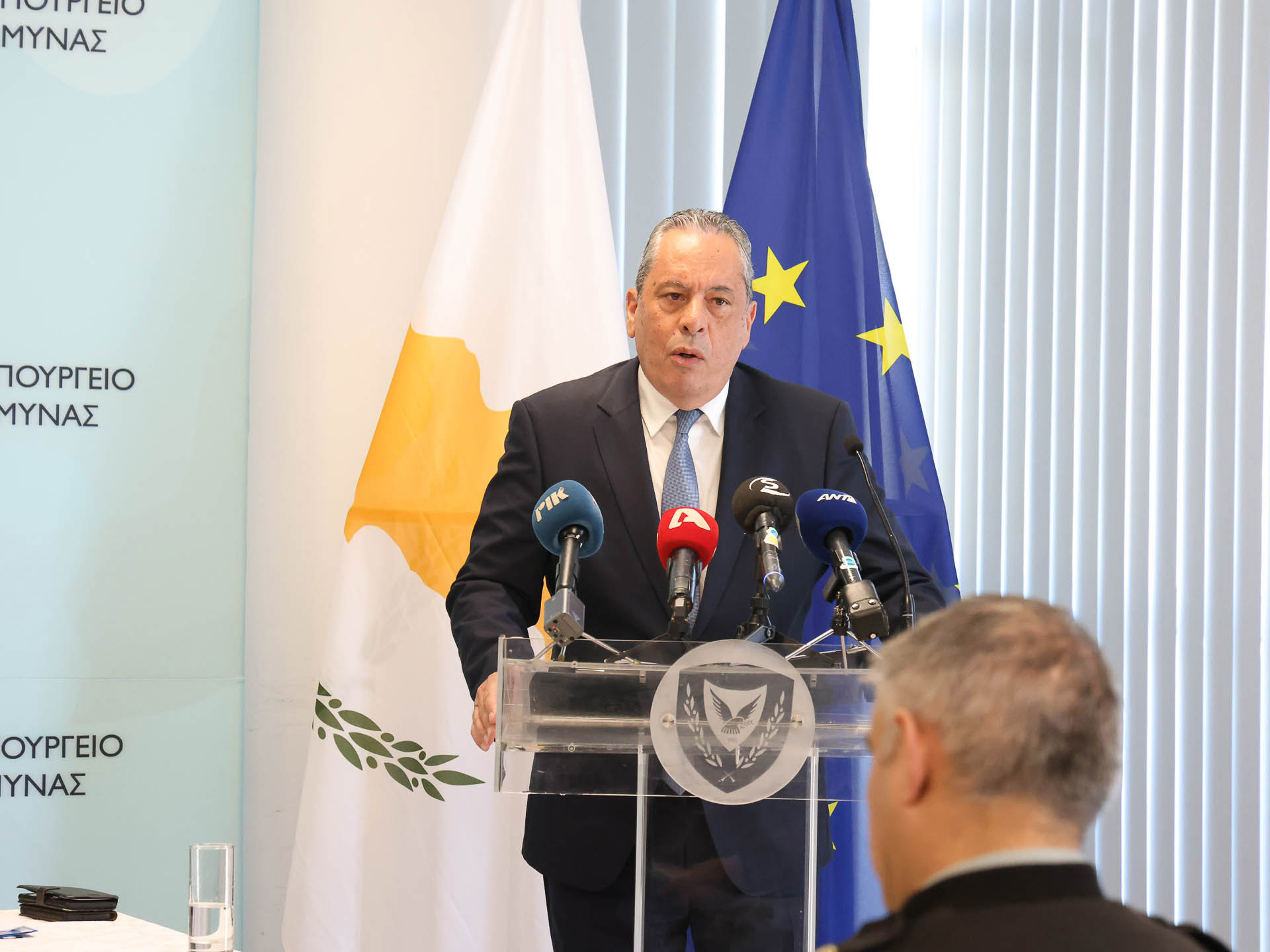The Defence ministry aims to increase military expenditure to 2 per cent of GDP by 2028, Defence Minister Vasilis Palmas told the House finance committee on Friday.
To work towards this goal, Palmas said the ministry would present a supplementary budget to the committee in June to address additional equipment needs.
The committee was reviewing the defence ministry’s 2025 budget, which totals €588.4 million – a €3.9 million increase compared to 2024. Of this amount, €190.6 million is allocated for the Cyprus Army, €206 million for the National Guard, and €179.6 million for defence operations.
Palmas outlined the ministry’s strategy, which is based on three pillars: preventive and military capacity, operational resilience in response to climate change, and advancing the digital transition.
He also addressed the issue of military service evasion, stating that the phenomenon has been reduced to 2.2 per cent following the government’s 2016 decision to shorten mandatory service from 24 months to 14 months.
“The situation in our region and general geopolitical developments both make it imperative for us to respond in a serious manner,” Palmas said.
He added that “in an effort to address the challenges arising, unity and determination are the strongest guarantee for achieving our common goals.”
Speaking to the press after the meeting, Palmas noted that a series of crises – including the Covid-19 pandemic, the conflicts in Ukraine and the Middle East and ongoing regional challenges – has created a complex and fragile security environment. This is in addition to Cyprus’ longstanding issues stemming from Turkey’s 1974 invasion and ongoing provocations.
“These facts confirm the indisputable truth that peace and security cannot be taken for granted,” Palmas said.
Palmas referred to the continuous efforts to upgrade the National Guard and its military capability, as well as form strong bilateral ties with neighbouring countries and allies, including the US.
Elaborating on the three pillars of his ministry’s policy, Palmas said the first one had to do with the preventive and military capacity of the National Guard, aiming at the effective defence of the Republic of Cyprus and guaranteeing the safety of the people.
He said “realistic defence planning and programming” was being made within an approved medium-term fiscal framework, which will secure the availability of existing systems and will enhance the National Guard’s combat readiness.
Cyprus was also participating in programmes to strengthen the defence capacity of the National Guard and enhance national research and innovation in defence and security.
Palmas said that in the context of increasing the flexibility and resilience of the state in addressing defence and security crises, the institutional framework was being updated and emergency planning revised.
The defence ministry has also strived to deepen its relations with neighbouring and other countries and has managed to create a framework of cooperation with foreign ministries of friendly countries.
Palmas furthermore referred to relations with Greece and the United States, pointing out that significant initiatives have been implemented in the military sector.
He added that the defence ministry was participating in various operations, including the EU Common Defence and Security Policy and the Permanent Structured Cooperation (Pesco).
Other activities include search and rescue operations and emergency response.
Seven new research and development projects are being implemented in dual (civilian and military) use technologies, expected to be completed by 2026, while two other research and innovation projects are ongoing with a budget of about €900,000, to be completed by the end of 2024.
Palmas said at least two more programmes would be launched in early 2025 and that 2024 saw 27 projects of the European Defence Industrial Development Programme (EDIDP) and the European Defence Fund (EDF) coming to life.
Ahead of Cyprus’ rotating EU presidency, Palmas said preparations had already begun in cooperation with the foreign ministry.
Referring to the second pillar on operational resilience in the light of climate change, Palmas said it aimed at minimising the impact of emerging and measurable climate threats.
The defence ministry has formed its environmental and energy strategy based on adapting National Guard activities to the implementation of policies and actions that respect and protect the environment, without affecting the operational readiness of the army.
It furthermore is aligned with saving energy in buildings and activities, with the ultimate aim of reducing carbon dioxide emissions.
The third pillar on digital transformation and transition aimed at utilising new technologies and adapting the armed forces to the new and demanding technological environment.
Palmas said emphasis was being given to cybersecurity and an early warning system to protect against cyberattacks.
MPs praised the work of the National Guard and said defence should be a top priority for Cyprus, especially given the presence of Turkish troops, and that the possibility of a professional army should be looked into.
Another issue raised was the necessity to revise the regulations for officers and contract soldiers, in order to have a more uniform system.






Click here to change your cookie preferences